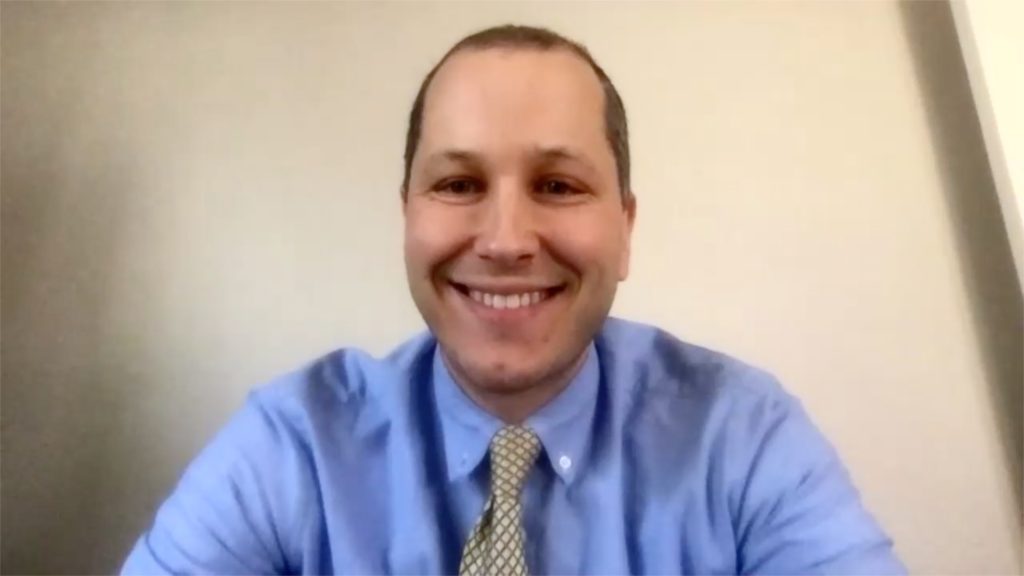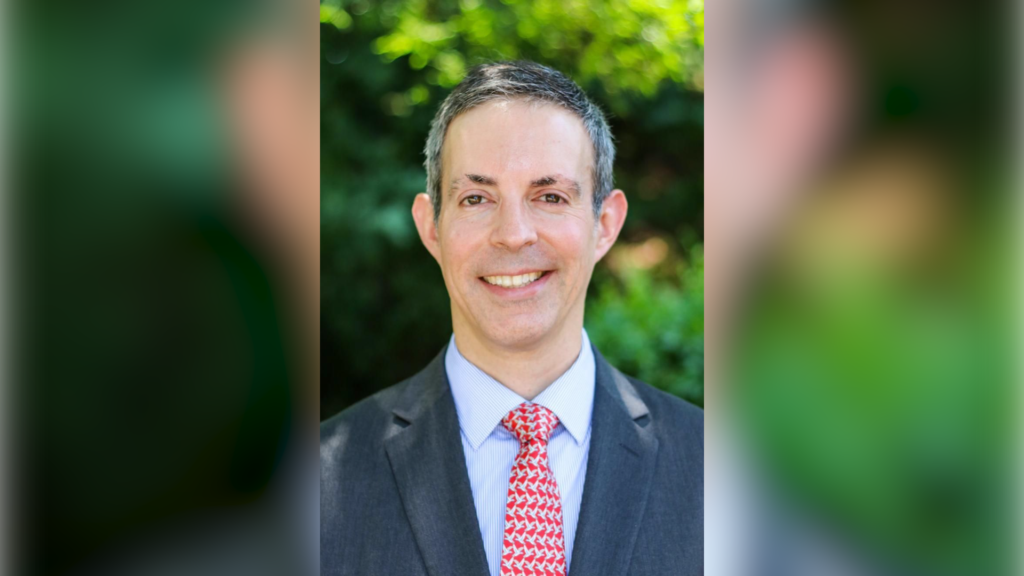Alopecia Areata
An Introduction to Alopecia Areata
Alopecia areata (AA) is an inflammatory cause of unpredictable, patchy hair loss that affects up to 2% of the population. Current treatment options for AA involve local steroid injections at the site of alopecia, combined with topical retinoids, but these are of limited efficacy and are associated with significant adverse effects. Recent insights into the pathogenesis of AA have allowed the development of novel treatment options, in particular Janus kinase (JAK) inhibitors and cytokine-targeted therapy. There have also been reports of hair regrowth following treatment with platelet-rich plasma, stem cell-based therapy approaches and faecal microbiota transplantation.
Expert video highlights and insights from the conference hub and comprehensive peer-reviewed articles from our journal portfolio provide updates on the changing treatment landscape. To learn more about how the latest developments impact on patient outcomes view our expert-led learning activities.

Physician burnout is at a critical point. In this episode, Nicky speaks with Dr Alfred Atanda about why so many physicians are burning out and what can be done to change the trend. From personal experience to system-wide solutions, Dr Atanda shares valuable insights on improving physician well-being and building a more effective healthcare culture.
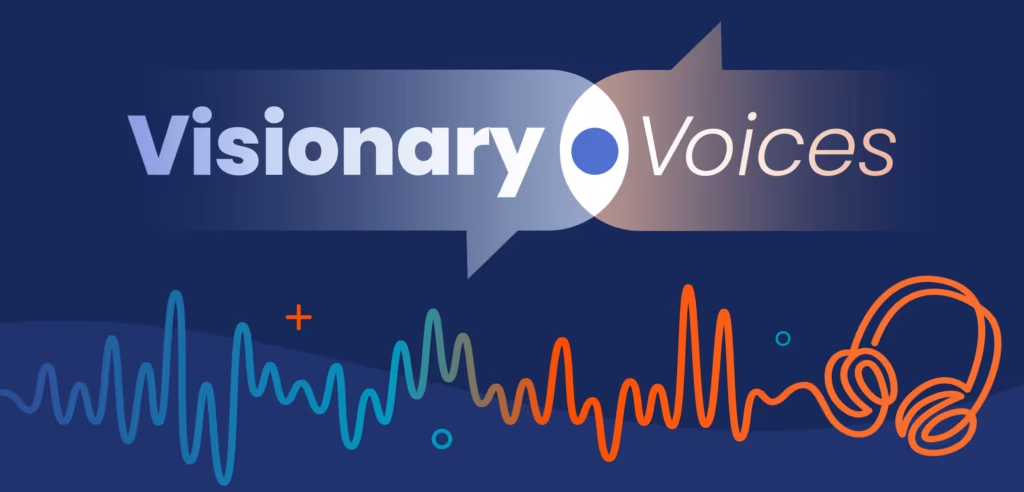
In this episode, we explore the future of continuing medical education (CME) with the team behind touchIME. Hannah Fisher and Matthew Goodwin share insights into global and US trends, the importance of patient inclusivity and how educational outcomes are evolving to better measure the direct impact of learning on clinical practice and patient care.
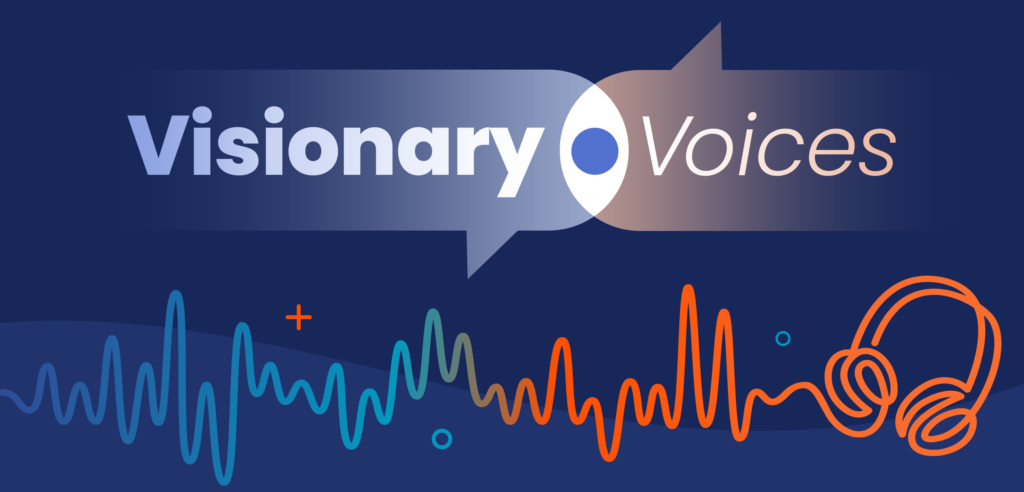
Recent advancements made in understanding the pathology of inflammatory skin conditions have enabled JAK inhibitors, initially developed for haematology over 20 years ago, to be investigated for dermatological use. In this episode, Dr William (Bill) Damsky discusses JAK inhibitors’ journey from proof-of-concept to treating a wide range of skin conditions, their future impact on rare diseases and the debate around safety.
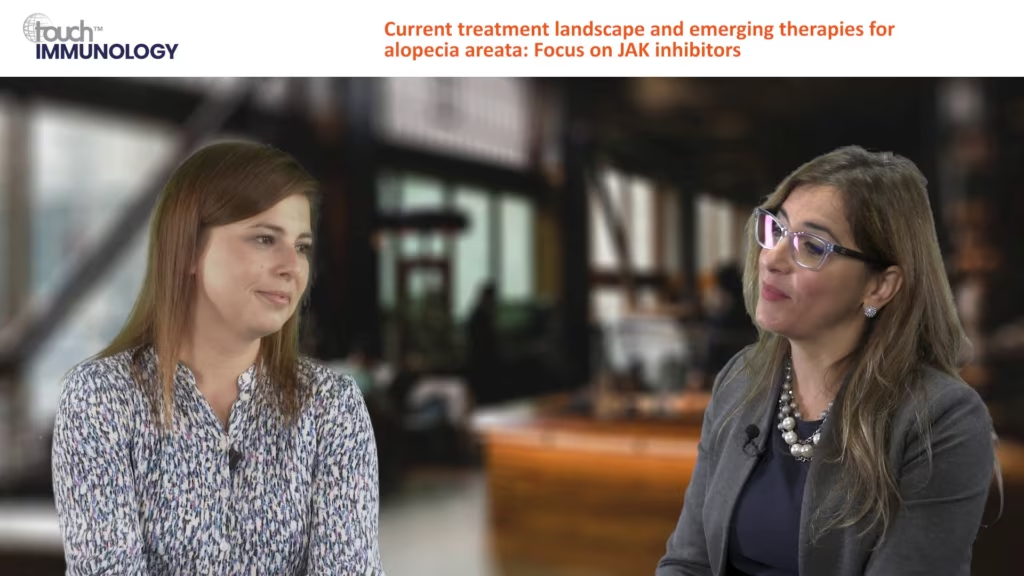
Watch two expert dermatologists discuss AA, focusing on issues related to disease severity, pathophysiology and treatment with JAK inhibitors.
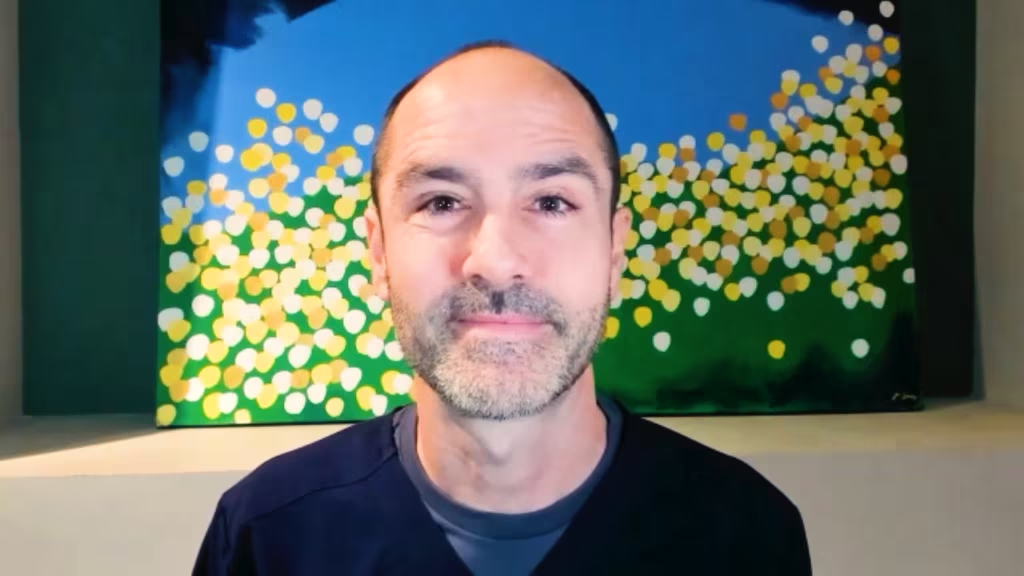
It was an absolute pleasure to be able to speak with Dr Brett King (Yale School of Medicine, New Haven, CT, USA) about the recent efficacy and safety results presented around the JAK inhibitors, baricitinib and ritlecitinib, in the treatment of alopecia areata. His presentations entitled 'Efficacy and Safety of Ritlecitinib (PF-06651600) in Patients with Alopecia Areata and ≥50% Scalp Hair Loss: Results from the International ALLEGRO Phase 2b/3 Randomized, Double-Blind, Placebo-Controlled Study' and 'Efficacy and safety of baricitinib in adults with alopecia areata: Phase 3 results from two randomized controlled trials (BRAVE-AA1 and BRAVE-AA2)' were given at the EADV 30th Congress, 29 Sep - 2 Oct. Questions Could you tell us a little about the ALLEGRO and BRAVE clinical trials, their design and patient populations? (0:14) What were the efficacy and safety findings from these studies and how do they compare? (1:47) With two JAK inhibitors appearing promising in this indication, what are their relative strengths and limitations? (3:47) Disclosures: Dr. Brett King has served on advisory boards and/or is a consultant and/or is a clinical trial investigator for Abbvie, Aclaris Therapeutics Inc, AltruBio Inc, Almirall, Arena Pharmaceuticals, Bioniz Therapeutics, Bristol-Myers Squibb, Concert Pharmaceuticals Inc, Dermavant Sciences Inc, Eli Lilly and Company, Incyte Corp, LEO Pharma, Otsuka/Visterra Inc, Pfizer Inc, Regeneron, Sanofi Genzyme, TWi Biotechnology Inc, and Viela Bio. He is on speaker bureaus for Pfizer Inc, Regeneron and Sanofi Genzyme Support: Interview and filming supported by Touch Medical Media. Interview conducted by Gina Furnival. Filmed in coverage of the EADV’s 30th Congress, 29 Sep – 2 Oct 2021. This content was developed by Touch Medical Media and is not affiliated with the European Academy of Dermatology & Venereology (EADV) or the congress.
Latest articles videos and clinical updates - straight to your inbox
Log into your Touch Account
Earn and track your CME credits on the go, save articles for later, and follow the latest congress coverage.
Register now for FREE Access
Register for free to hear about the latest expert-led education, peer-reviewed articles, conference highlights, and innovative CME activities.
Sign up with an Email
Or use a Social Account.
This Functionality is for
Members Only
Explore the latest in medical education and stay current in your field. Create a free account to track your learning.




